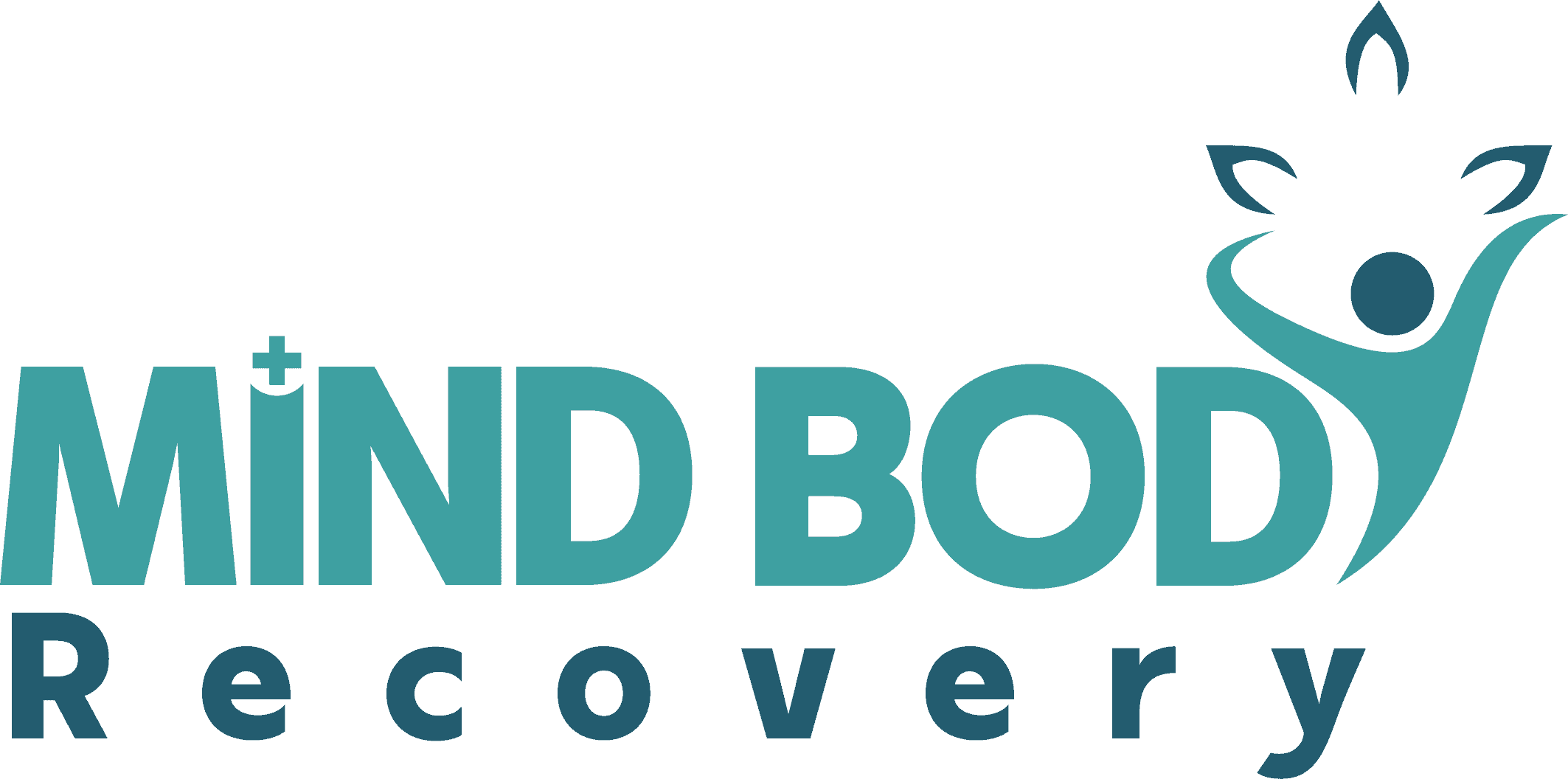Addiction has been called a state-of-mind, a behavior, and a disorder of the brain circuitry- all of which are correct. Here is an eye-opening article By Nellie Bowles of the New York Times, cautioning that addiction to the computer screen is a close second to drug addiction.
SAN FRANCISCO — The people who are closest to a thing are often the most wary of it. Technologists know how phones really work, and many have decided they don’t want their own children anywhere near them.
A wariness that has been slowly brewing is turning into a regionwide consensus: The benefits of screens as a learning tool are overblown, and the risks for addiction and stunting development seem high. The debate in Silicon Valley now is about how much exposure to phones is O.K.
“Doing no screen time is almost easier than doing a little,” said Kristin Stecher, a former social computing researcher married to a Facebook engineer. “If my kids do get it at all, they just want it more.”
Ms. Stecher, 37, and her husband, Rushabh Doshi, researched screen time and came to a simple conclusion: they wanted almost none of it in their house. Their daughters, ages 5 and 3, have no screen time “budget,” no regular hours they are allowed to be on screens. The only time a screen can be used is during the travel portion of a long car ride (the four-hour drive to Tahoe counts) or during a plane trip.
Recently she has softened this approach. Every Friday evening the family watches one movie.
There is a looming issue Ms. Stecher sees in the future: Her husband, who is 39, loves video games and thinks they can be educational and entertaining. She does not.
“We’ll cross that when we come to it,” said Ms. Stecher, who is due soon with a boy.
Some of the people who built video programs are now horrified by how many places a child can now watch a video.
Athena Chavarria, who worked as an executive assistant at Facebook and is now at Mark Zuckerberg’s philanthropic arm, the Chan Zuckerberg Initiative, said: “I am convinced the devil lives in our phones and is wreaking havoc on our children.”
Ms. Chavarria did not let her children have cellphones until high school, and even now bans phone use in the car and severely limits it at home.
She said she lives by the mantra that the last child in the class to get a phone wins. Her daughter did not get a phone until she started ninth grade.
“Other parents are like, ‘Aren’t you worried you don’t know where your kids are when you can’t find them?’” Ms. Chavarria said. “And I’m like, ‘No, I do not need to know where my kids are every second of the day.’”
Among those is Chris Anderson, the former editor of Wired and now the chief executive of a robotics and drone company. He is also the founder of GeekDad.com.
“On the scale between candy and crack cocaine, it’s closer to crack cocaine,” Mr. Anderson said of screens.
